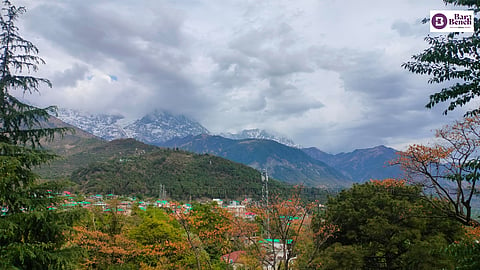
- Latest Legal News
- News
- Dealstreet
- Viewpoint
- Columns
- Interviews
- Law School
- Legal Jobs
- हिंदी
- ಕನ್ನಡ

The Supreme Court recently asked the Union government and the State of Himachal Pradesh to respond to a petition challenging the High Court decision to declare Section 163(A) of the Himachal Pradesh Land Revenue Act, 1952 as unconstitutional [Trilochan Singh vs. State of Himachal Pradesh & Ors].